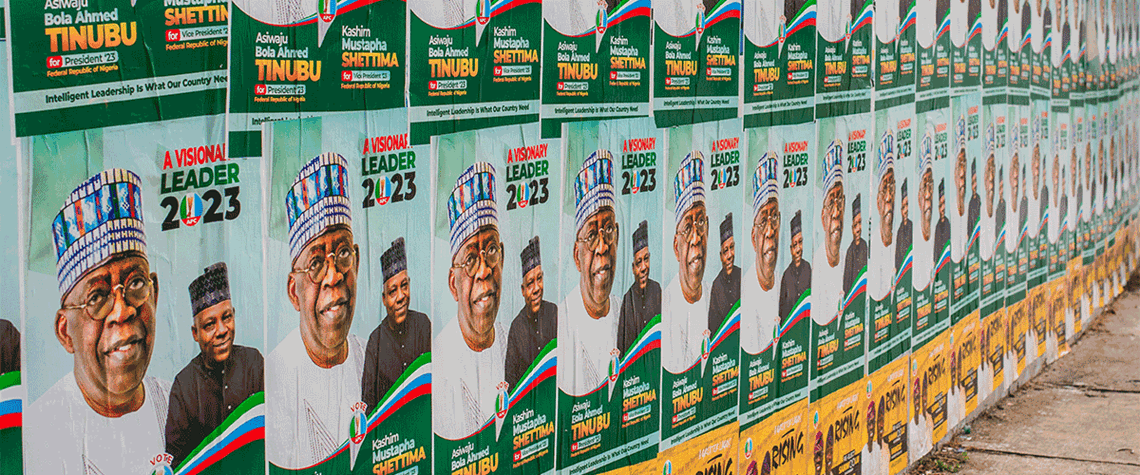Nigeria heads for crucial elections
The country’s next president faces an uphill battle to revive the struggling oil and gas sector
Recent years have not been kind to Nigeria’s oil industry. New investment has slowed to a trickle amid a seemingly never-ending struggle with pipeline vandalism and oil theft. International players have largely divested onshore assets, preferring the relative safety of offshore fields. Production fell below 1mn bl/d last August, its lowest level for over 30 years. President Muhammadu Buhari has been unable to halt the industry’s decline during his eight years in power, although he did secure the passage of major regulatory reforms in 2021. The 80-year-old Buhari is now preparing for retirement; Nigerians will go to the polls to elect his successor on 25 February. The leading candidates inclu

Also in this section
21 August 2025
The administration has once more reduced its short-term gas price forecasts, but the expectation remains the market will tighten over the coming year, on the back of
19 August 2025
ExxonMobil’s MOU with SOCAR, unveiled in Washington alongside the peace agreement with Armenia, highlights how the Karabakh net-zero zone is part of a wider strategic realignment
19 August 2025
OPEC and the IEA have very different views on where the oil market is headed, leaving analysts wondering which way to jump
15 August 2025
US secondary sanctions are forcing a rapid reassessment of crude buying patterns in Asia, and the implications could reshape pricing, freight and supply balances worldwide. With India holding the key to two-thirds of Russian seaborne exports, the stakes could not be higher








